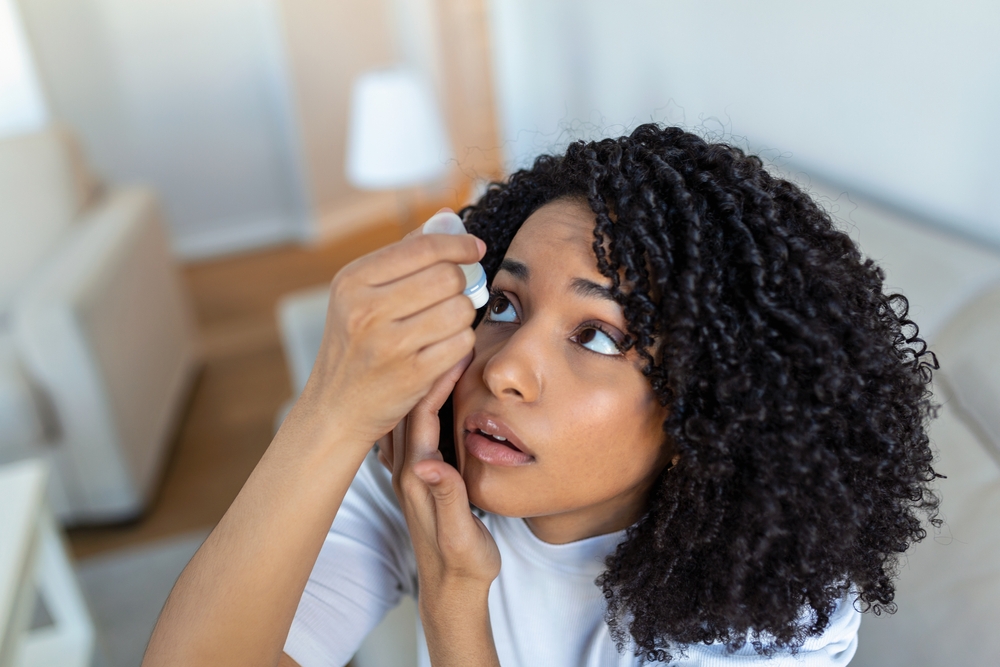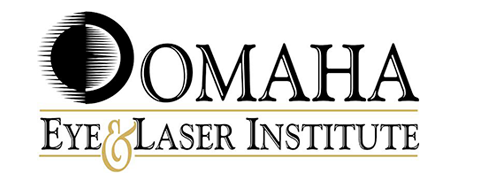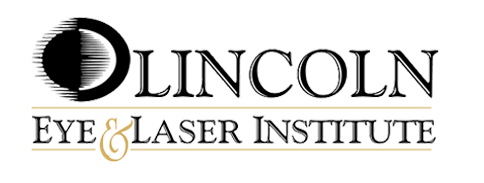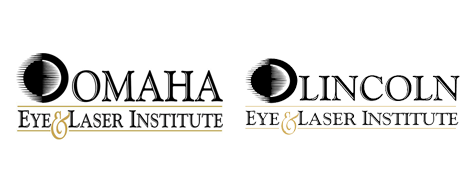Are your eyes dry? Do you constantly rely on eye drops and artificial tears for temporary relief?
Your eyes may feel itchy, too dry, and irritated for a few reasons. One common cause is allergies.
Airborne allergens can cause an allergic reaction that affects your eyes, causing several uncomfortable symptoms. But there are other reasons why your eyes may feel irritated, especially if they feel dry and cause you discomfort.
Many people experience dry eyes and assume that the issue is simply allergies. But when your eyes feel too dry, it’s often due to a problem with tear production. You may even have dry eye syndrome, a chronic condition millions suffer from.
Luckily, both temporary dry eye and dry eye syndrome are treatable. But to get treatment, you must first be diagnosed and see an eye doctor.
Knowing the difference between eye allergy symptoms and dry eyes is helpful to know when to see an eye doctor. Keep reading to discover why your dry, itchy eyes may not be allergies!
What is Allergic Conjunctivitis?

Allergic reactions occur when your body has an immune response to certain substances that would otherwise be harmless. Common airborne allergens like pollen, dander, and mold often elicit an immune response when exposed to the eye.
Coming in contact with these allergens causes allergic conjunctivitis, the inflammation of the lining over the eyes and inner eyelids. Allergic conjunctivitis symptoms include:
- Itchy eyes
- Eye redness/inflammation
- Watering
- Excess mucus around the eyes
These can be uncomfortable symptoms but are often easily treated with over-the-counter allergy medications. Your allergies may be bad enough to require prescription medication in rarer cases.
You should always see a doctor if you can’t manage your allergy symptoms using over-the-counter allergy medication. But you also may find that allergies aren’t the cause of your symptoms.
Dry Eye

Your eyes can become too dry for several reasons. Dry weather, dehydration, direct and frequent exposure to fans, and AC vents can all dry out your eyes.
Your eyes can also feel too dry due to issues with tear production. Dry eye syndrome occurs when your eyes are frequently dry due to inadequate tear production.
Your eyes may be unable to produce enough tears, or the tears produced are low in quality. Symptoms of both temporary and chronic dry eye include:
- Burning, stinging eyes
- Eye redness/inflammation
- Watering
- Excess mucus around the eyes
- Itchy eyes
- A feeling of grit in the eyes
It’s not difficult to get confused since the symptoms of dry eye and allergic conjunctivitis are similar. However, there are some key differences.
How to Tell the Difference Between Dry Eyes and Allergies
The only way to know what’s causing your eye irritation is to see an eye doctor. But you can get a sense of what condition you have.
If your eyes primarily feel itchy and allergy medications provide at least some relief, it’s probably allergies. But if your eyes primarily feel like they burn, sting, and have a gritty feeling, it’s likely because you have dry eyes.
You may also experience both conditions at once. Allergies and dry eyes can cause inflammation, so the symptoms often feed into one another and worsen both conditions.
No matter what the cause, you should see an eye doctor if your eyes are irritated for any prolonged period.
What is Dry Eye Syndrome?
While dry eyes are often caused by temporary factors, when the symptoms don’t go away independently, it’s usually because you have dry eye syndrome. Dry eye syndrome is prevalent, especially in older adults and women going through hormonal changes like pregnancy or menopause.
You’re also more likely to develop dry eye syndrome if you have a chronic skin condition like rosacea. Dry eyes can be very uncomfortable, but seeing your ophthalmologist for diagnosis and treatment is about more than alleviating this discomfort.
Dry eye syndrome can have a long-term impact on your eye health. Your eyes need moisture to stay healthy.
When your eyes aren’t receiving enough moisture, you are more prone to infections, corneal abrasions, and corneal ulcers. These issues can permanently damage your cornea, leading to scar tissue forming, which often causes vision loss.
But if you address your dry eye symptoms by seeking diagnosis and treatment, you can manage your dry eye syndrome. Doing this will help keep your eyes healthy.
If you’re experiencing dry eye symptoms, the best thing you can do is see your eye doctor.
Dry Eye Treatment

The first step to dry eye treatment is diagnosis. When you see one of the specialists at Omaha Eye, we’ll take a sample of your tears to evaluate their quality. From analyzing your tears, we can tell whether or not you have dry eye syndrome and what may be the root cause of it.
After receiving a diagnosis, we’ll often recommend non-invasive treatments like nutritional supplements, over-the-counter artificial tears, and keeping your eyelids clear of bacteria by practicing proper lid hygiene. These simple treatments can often ease symptoms significantly.
We also offer treatment for more severe cases of dry eye syndrome that don’t respond to these remedies. Some non-invasive therapies use gentle light and heat to treat skin inflammation and blocked oil glands in the eye.
Your ophthalmologist may recommend punctal plugs to treat dry eye syndrome. Punctal plugs are inserted into the puncta, the eye’s primary drainage channel for tears, forcing tears to stay on the eye’s surface longer to compensate for poor tear quality.
If your eyes are too dry, itchy, or causing significant discomfort, don’t hesitate to make an appointment today at Omaha Eye in Omaha, NE! Isn’t it time to get the relief you deserve?





